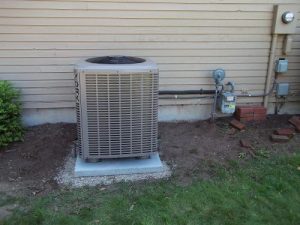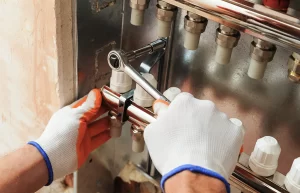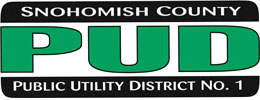As we mentioned in part 1 of this blog series, the best defense against energy waste in your home is being an informed homeowner. Energy efficiency is something that can be easily realized if you have the knowledge to make smart energy choices in your home.
In part 2 of the series below, we’ve added some additional facts to help with that energy efficiency education process. Enjoy!
Energy Star isn’t just a sticker – it’s real a benefit. Appliances necessary for any number of tasks or home comfort can be labeled with an Energy Star rating. This isn’t just a label—far from it. These appliances are much more energy efficient than their counterparts. For example, a new Energy Star-rated refrigerator uses 40% less energy than a comparable size and model from 2001 without an Energy Star rating.
The higher the R-Value of insulation, the better. Insulation comes in many different shapes and forms. What is consistent, however, is the performance rating system for each. The r-value of the insulation in your home indicates how effective it will be at keeping hot or cool air right where you want it. Higher r-values indicate higher levels of performance.
Front-load washers are more efficient than top-load. Washers that load clothes from the front tend to be much more efficient than older models that load from the top. While these models are more expensive, the cost difference can quickly be made up in energy savings over the machine’s early life.
Programmable thermostats can save you big. Setting a programmable thermostat based on factors like whether or not you’ll be home, time of day and others can help you save a lot of energy. Setting the thermostat appropriately for times you don’t need heat or air conditioning in your home is a great way to automatically make sure your energy consumption is as low as possible.
HVAC air filters should be changed every 3 months. To keep your system working efficiently, you should change the HVAC filter regularly. While some filter types allow for a bit longer life than others, 3 months is a good gauge for at least checking to see if a new filter is needed.
We’ll have one more post with energy efficiency facts coming soon. Please stay tuned and if you have direct questions, please don’t hesitate to reach out to our team today!







